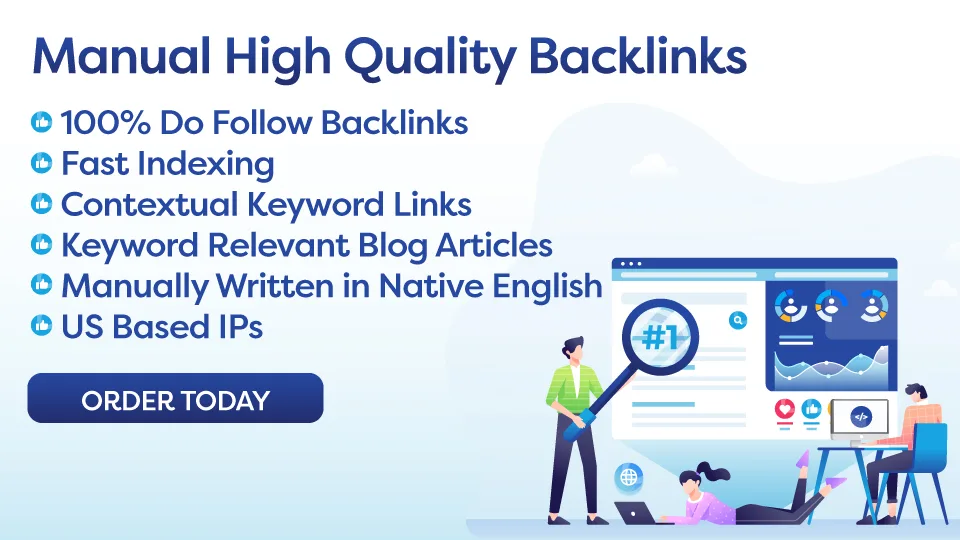SEO reporting is essential for small businesses to track their online performance and make informed decisions about their SEO strategies. Key metrics to focus on include organic traffic, keyword rankings, backlink profiles, bounce rate, and conversion rates. Tools like Google Analytics, SEMrush, and Ahrefs can help streamline the reporting process and provide valuable insights. By analyzing the data and developing an action plan based on insights from SEO reporting, small businesses can improve their online presence and boost their SEO rankings. Conducting SEO reporting regularly, using the right tools, and taking proactive steps are essential for small businesses to succeed online.
Title: The Ultimate Guide to SEO Reporting for Small Businesses: Boost Your Online Presence Today!
Excerpt: Are you struggling to understand the impact of your online efforts? Learn how SEO reporting can help small businesses thrive in the digital world.
Introduction:
In today’s digital age, having a strong online presence is essential for the success of any small business. With the majority of consumers turning to the internet to find products and services, it is crucial for small businesses to invest in their online marketing efforts. One key aspect of this is Search Engine Optimization (SEO), which can help businesses improve their visibility and reach a wider audience. However, simply implementing SEO strategies is not enough – small businesses also need to focus on SEO reporting to track their progress and make informed decisions about their online marketing efforts.
Key Takeaways:
1. Understanding the importance of SEO reporting for small businesses.
2. Key metrics to focus on in SEO reporting.
3. Tools and resources to streamline your SEO reporting process.
4. Developing an action plan based on your SEO reporting insights.
Key Takeaways:
1. Understanding the importance of SEO reporting for small businesses
– Why is SEO reporting important for small businesses?
– How can SEO reporting help you track your progress and make data-driven decisions?
As a small business owner, you may already be aware of the importance of SEO for your online presence. However, without proper reporting, it can be difficult to measure the impact of your efforts. SEO reporting allows you to track key metrics such as website traffic, keyword rankings, and conversion rates, giving you valuable insights into the effectiveness of your SEO strategies. By analyzing this data, you can identify areas for improvement and make informed decisions about your online marketing efforts.
Key metrics to focus on in SEO reporting
– What are the key metrics to track in SEO reporting?
– How can these metrics help you monitor your online performance and make strategic decisions?
When it comes to SEO reporting, there are several key metrics that small businesses should focus on. These include organic traffic, keyword rankings, backlink profile, bounce rate, and conversion rates. By tracking these metrics regularly, you can monitor the success of your SEO strategies and identify any issues that need to be addressed. For example, if you notice a drop in organic traffic, you may need to rethink your keyword targeting or content strategy. By keeping a close eye on these metrics, you can make data-driven decisions that will help you improve your online performance.
Tools and resources to streamline your SEO reporting process
– What tools are available to help small businesses with SEO reporting?
– How can these tools simplify the reporting process and provide valuable insights into your online performance?
Fortunately, there are many tools and resources available to help small businesses with their SEO reporting. Google Analytics is a popular choice for tracking website traffic and user behavior, while tools like SEMrush and Ahrefs can provide valuable insights into keyword rankings and backlink profiles. By leveraging these tools, you can streamline your SEO reporting process and get a comprehensive view of your online performance. Additionally, many of these tools offer customizable reports and dashboards, making it easy to track your key metrics and monitor your progress over time.
Developing an action plan based on your SEO reporting insights
– How can you use the insights from your SEO reporting to develop an action plan?
– What steps can you take to improve your online performance and boost your SEO rankings?
Once you have gathered and analyzed the data from your SEO reporting, it’s time to put that information into action. Use your insights to develop a targeted action plan that addresses any issues or opportunities you have identified. For example, if you notice a high bounce rate on a particular page, you may need to optimize the content or improve the user experience. By taking proactive steps based on your SEO reporting insights, you can make meaningful improvements to your online performance and boost your SEO rankings.
Action Plan for Small Business Owners:
1. Start by setting specific goals for your SEO efforts, such as increasing organic traffic or improving keyword rankings.
2. Use tools like Google Analytics, SEMrush, and Ahrefs to track key metrics and monitor your online performance.
3. Analyze the data from your SEO reporting regularly and use it to make informed decisions about your online marketing strategies.
4. Develop a targeted action plan based on your SEO reporting insights, and make adjustments as needed to improve your online performance.
Conclusion:
In conclusion, SEO reporting is a critical component of a successful online marketing strategy for small businesses. By tracking key metrics, analyzing data, and developing targeted action plans, small business owners can make informed decisions that will help them improve their online performance and boost their SEO rankings. With the right tools and resources, small businesses can streamline their SEO reporting process and take their online presence to the next level.
FAQs:
1. How often should small businesses conduct SEO reporting?
2. What are the best tools for SEO reporting for small businesses?
3. How can SEO reporting help small businesses improve their online performance?

